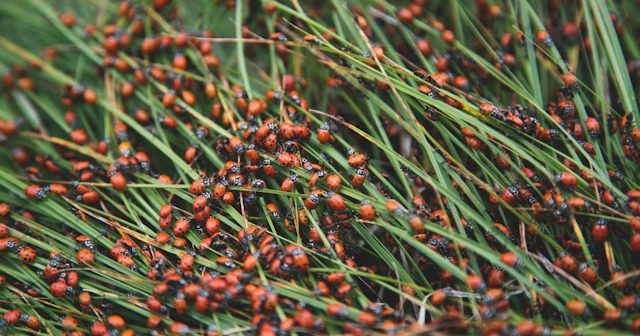Photo By Austin Ban on Unsplash
Most homeowners know the common issues that come with pest invasion. However, pest invasion causes challenges that extend beyond the common issues. Beyond the unsightly-looking cockroaches and mice, there are other lesser-known effects of pests in your home. Pests can cause diseases and affect the homeowner’s psychological health. Below are some lesser-thought-of-effects of a pest invasion.
Health Issues
Pests are among the top causative factors of common health issues. For starters, cockroaches and rodents can worsen respiratory issues. Droppings and skin from some pests can become airborne, causing coughs, nasal congestion, and wheezing.
Some pests also transmit infectious diseases. For instance, humans can get Lyme disease from ticks. Rodents also harbor pathogens that can cause hantavirus and salmonellosis. Similarly, bedbugs and fleas cause skin conditions.
Unfortunately, children are most vulnerable to these health issues. They are very exposed because of crawling and their underdeveloped immune systems. Surprisingly, pests can affect children’s cognitive development. These are enough reasons to call pest control in Bloomington, IL experts.
Electrical Fires
This may be surprising, but pest infestation presents a fire risk to your home. Pests can cause electrical fires in many ways. To begin, rodents like chewing electrical cables. They can chew electrical insulation, exposing actively conducting wires that can lead to sparking and short circuits.
Rodents typically build nests in hidden areas, especially in crawl spaces and attics. For this, they use fabric, paper, and other light materials, which can easily catch fire. Similarly, urine and feces from pests accumulate in the nest, increasing the likelihood of electrical faults and fires.
Psychological Issues
Ignored or underestimated pest infestation can also surprisingly cause psychological issues. Psychological issues may arise through:
- Stress and anxiety: Living in a pest-infested home can lead to chronic stress and anxiety. This is because of the constant worry, especially about the presence and extent of the infestation. Residents also get worried about the effectiveness of implemented pest control measures.
- Sleep disturbance: The presence of nocturnal pests in your home can disrupt your normal sleeping patterns. Fear of encountering them or bites leads to poor quality sleep and insomnia.
- Loss of comfort: A pest infestation shatters the comfort of your home. Their invasion into your personal living space disrupts your ability to unwind and relax comfortably.
- Social isolation: Pest infestation often causes stigma, which often drives homeowners and residents of affected homes into isolation. Most people withdraw from social interactions and don’t want guests in their homes anymore.
The psychological effects of living in a pest-infested home often last longer, even after the pests have been eradicated. Most people remain anxious and hypervigilant, probably because of the preceding trauma.
Endnote
Every homeowner dreads a pest infestation. Unfortunately, infestations are sometimes inevitable, especially during specific seasons or if the homeowners are in particular regions. The presence of pests in your home is not only uncomfortable but also brings forth many lesser-known issues. Your home, health, and mental well-being are all at risk.




